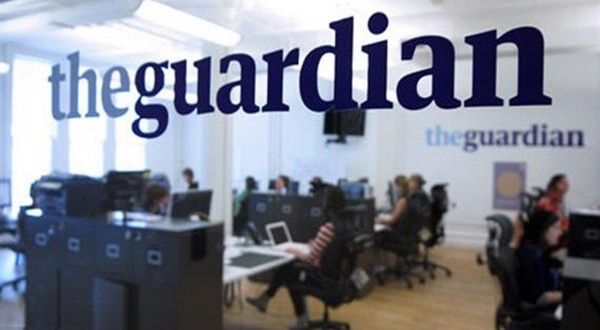The Guardian view on arms to Saudi: Yemen needs peace
YemenExtra
The high court judgment that continuing British arms sales to Saudi Arabia are legal may not be surprising but it is none the less profoundly shocking. The civil war in Yemen in which these weapons are used is peculiarly futile and destructive. Both sides are guilty of atrocity and attacks on civilians. Neither is capable of victory. But British arms and British servicemen providing technical support are helping to prolong the war and so to increase civilian suffering. On the other hand, they are making British companies lots of money, something which clearly matters more to Theresa May, who visited Riyadh this April and explained that “it is in our national interest to ensure that the values that underpin us as Britons are values that we promote around the world”; trade deals with the Gulf will be very important after Brexit.
The case is the result of a long campaign to expose and if possible to end the use of British weapons as part of the Saudi intervention in the Yemeni civil war. At every step, the governments involved have worked to obfuscate the obvious truths. Last winter ministers finally admitted that “a limited number” of the British cluster bombs now banned under international law had been used in the present war. Under further pressure, it emerged that 500 of them had been sold in the late 1980s, while they were still legal.
The peculiar horror of cluster bombs is that unexploded bomblets pose a lasting threat to civilians even after the fighting is over. But there is plenty of horror, too, in the conventional bombs that kill civilians as soon as they are dropped. The Saudi-led coalition has bombed schools and hospitals in Yemen, but the effects of their air power go far beyond that. Three million people have been driven from their homes; 10,000 civilians have been killed outright in the futile war so far; hundreds of thousands are threatened with a slower death from famine or disease as a result of the disruption caused by the war. Some of this displacement was entirely deliberate: the Saudi forces warned all civilians to leave the towns of Saada and Maaran because these would be bombed as enemy positions. But even within the narrow confines of the licensing criteria that bind the secretary of state, it is obvious that our weapons have been used in breaches of international human rights law. The Ministry of Defence keeps its own database of atrocities from the conflict and has recorded so far 41 occasions on which the coalition appears to have breached international law. The question is how much this should matter, whether it could entirely have been avoided, and whether the Saudis are really trying to learn from their mistakes.
Much of the government’s defence in the high court was heard in secret. The closed judgment, on the basis of material deemed sensitive to national security, remains closed. But it’s clear from the open part of the judgment that the court was convinced by the argument that the Saudi armed forces, whoever they might have killed in the past, will be improving their aim in the future. The secretary of state was therefore “rationally entitled to conclude” that our sales and support might continue. This is an exercise of the kind of rationality peculiar to the British establishment. Reason might lead to a different conclusion. The campaigners are asking for leave to appeal. It should be granted.

